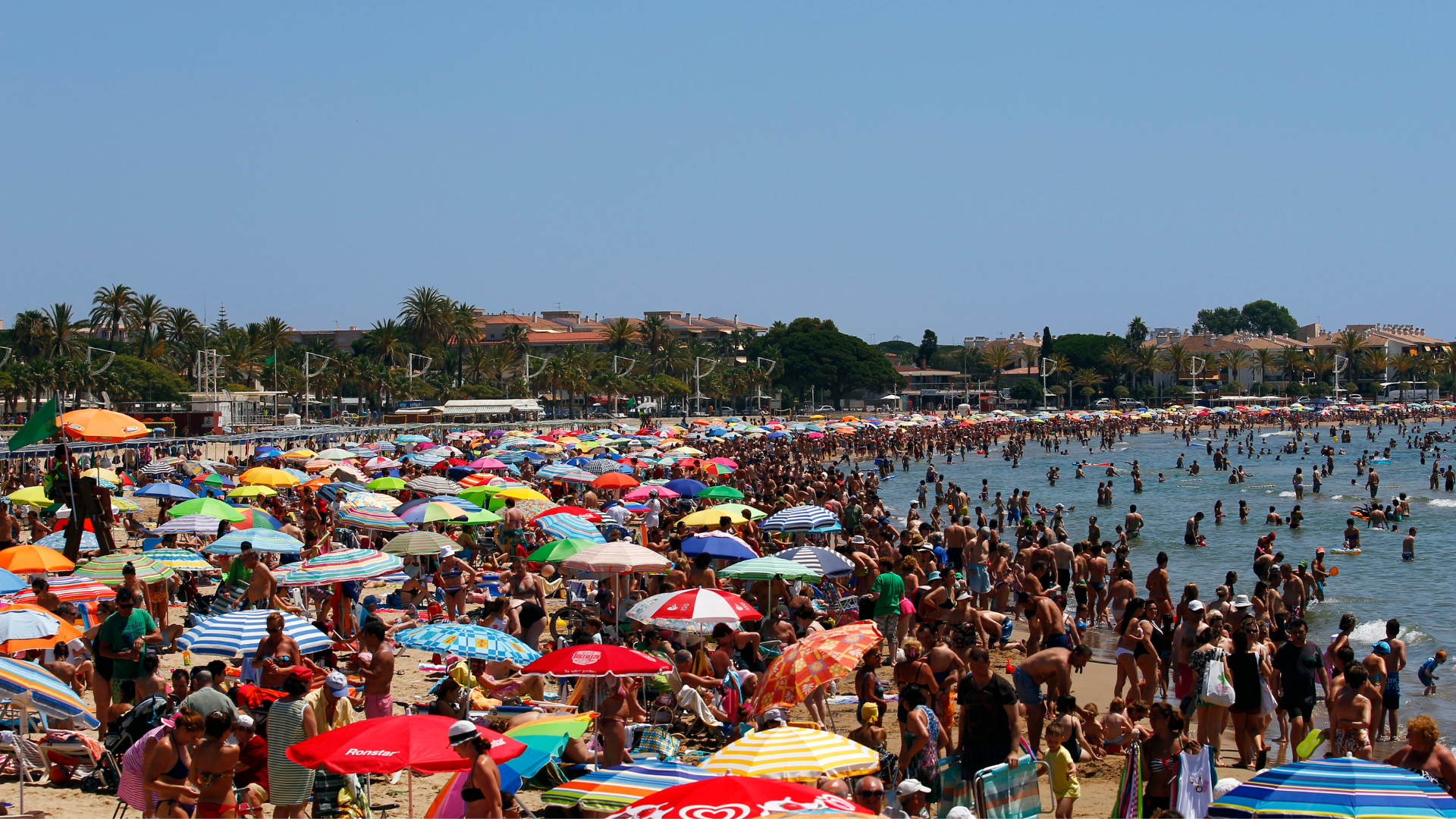Travel insights from Latin America
The Scary Truths of Traveling: What Massive Tourism Doesn’t Want You to See

Author Tina Salcedo | Posted on October 28
Travel has always been a way to discover new cultures, admire nature, and expand our understanding of the world. However, tourism today faces significant challenges that affect both destinations and the people who live in them.
The Impact of Overtourism
Places like Machu Picchu, Venice, and Bali are suffering from the weight of millions of visitors each year. For example, Peru at one point suspended tourist access to key parts of the site because of erosion caused by heavy foot-traffic. Venice, receiving around 20 million visitors annually, has become so overcrowded that on peak days over 120,000 tourists fill its narrow streets, stretching local resources and displacing residents. Meanwhile, Bali continues to face social and environmental challenges, as rising visitor numbers have led to pollution, traffic congestion, and disrespect toward local culture.
In summary: streets get packed, local resources are stretched thin, and residents are often pushed aside by the very industry that promises them growth. And the truth is that when tourism grows without limits, it often harms the very culture and environment that make a destination unique.
At Kagumu, we do things differently. Our groups are small, and each itinerary is built with purpose, balancing learning, cultural exchange, and environmental responsibility while ensuring local communities benefit directly from every experience.
The Carbon Footprint of Tourism
Flights, buses, and hotels all generate emissions, and though we can’t always avoid them, we can measure and reduce them.
At Kagumu, we track our carbon footprint with a third-party specialist Ecollective. On average, our trips produce 16 kg of CO₂ per person per day. This includes food, accommodation, transport on arrival and activities but does not include international flights. It is considered excellent for our sector. But we don’t stop there. We keep improving: choosing more vegetarian meals, avoiding unnecessary flights, and staying in places powered by renewable energy.
For students and educational institutions, this means every trip becomes a real-world lesson in environmental accountability!
The Waste We Leave Behind
Every plastic bottle, every packaged snack, every disposable item adds up. Travelers produce enormous amounts of waste that often end up in rivers, forests, or beaches.
That’s why we say no to single-use plastics and educate travelers on low-waste habits. On our trips, we always have potable water available, encourage reusable bottles, choose locally sourced meals, and support accommodations with responsible waste systems. Small actions like these help us keep our destinations clean, beautiful, and thriving for future generations.
Greenwashing: When “eco” doesn’t mean ethical
Many companies now use words like “eco-friendly” or “sustainable,” but the truth is that not all live up to their claims. Some plant a few trees and call it a day. Others highlight their “local partnerships” while most of the profits go abroad.
Fortunately, at Kagumu, we are proud to have the Travelife Partner award which means our work has been independently verified across areas like human rights, environmental practices, and community engagement.
Join us in traveling differently!
We are aware that responsible travel requires attention and commitment, that is why each of our journeys invites reflection, curiosity, and cultural exchange, helping travelers understand the world in more meaningful ways.
We invite travelers, schools, and institutions to join us in supporting a form of travel that protects destinations and strengthens connections among cultures.
👉 Be part of this change. Discover our sustainable educational trips →
